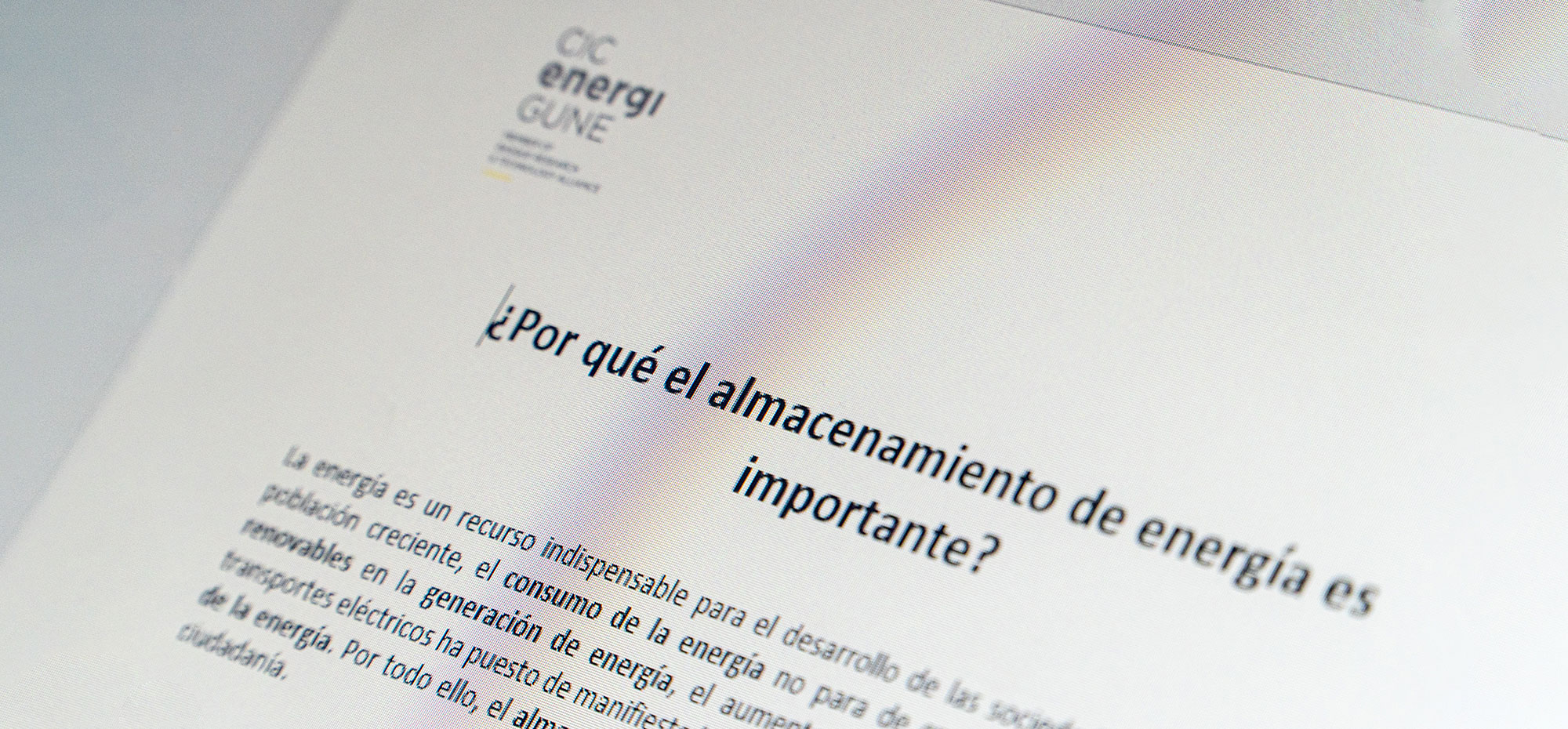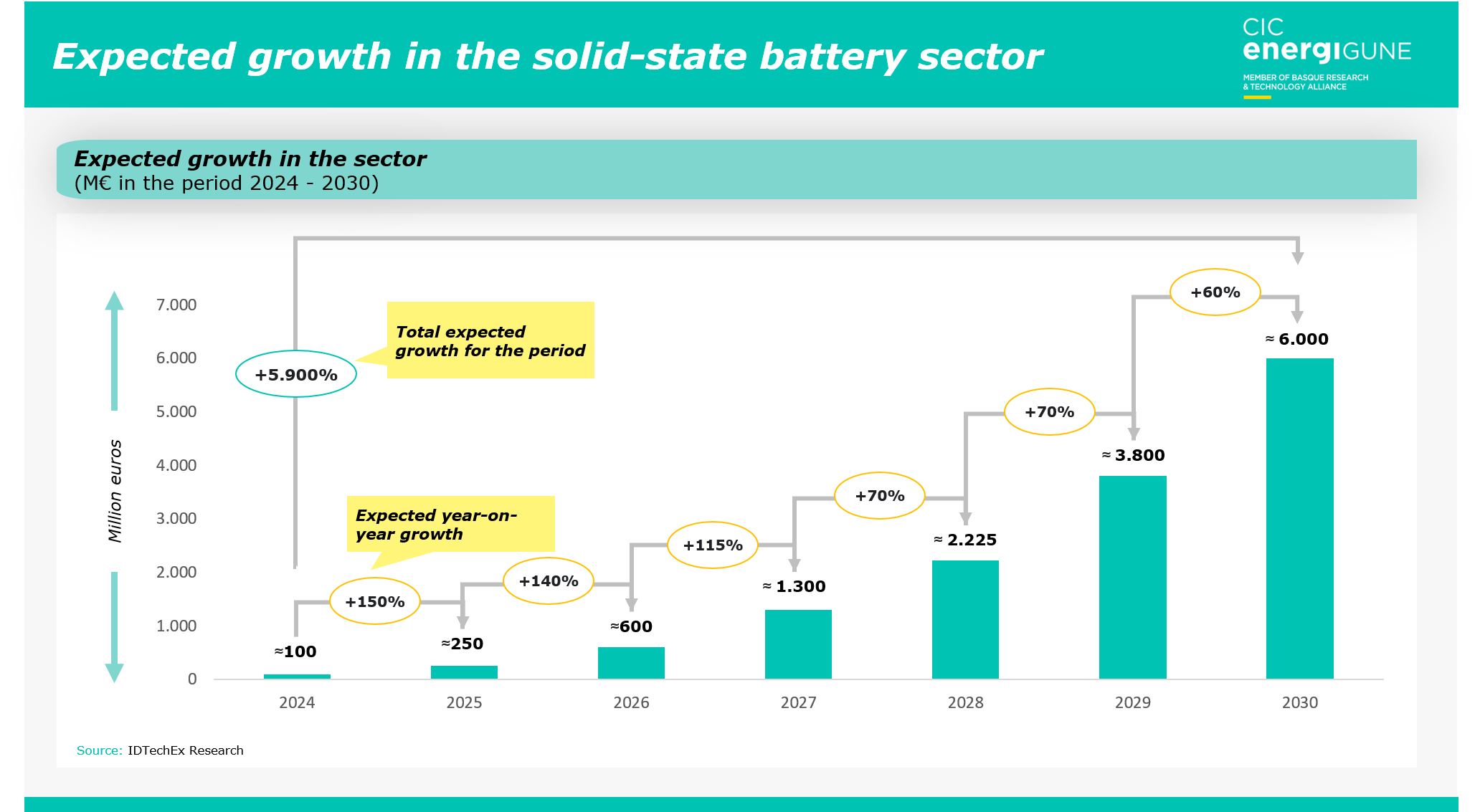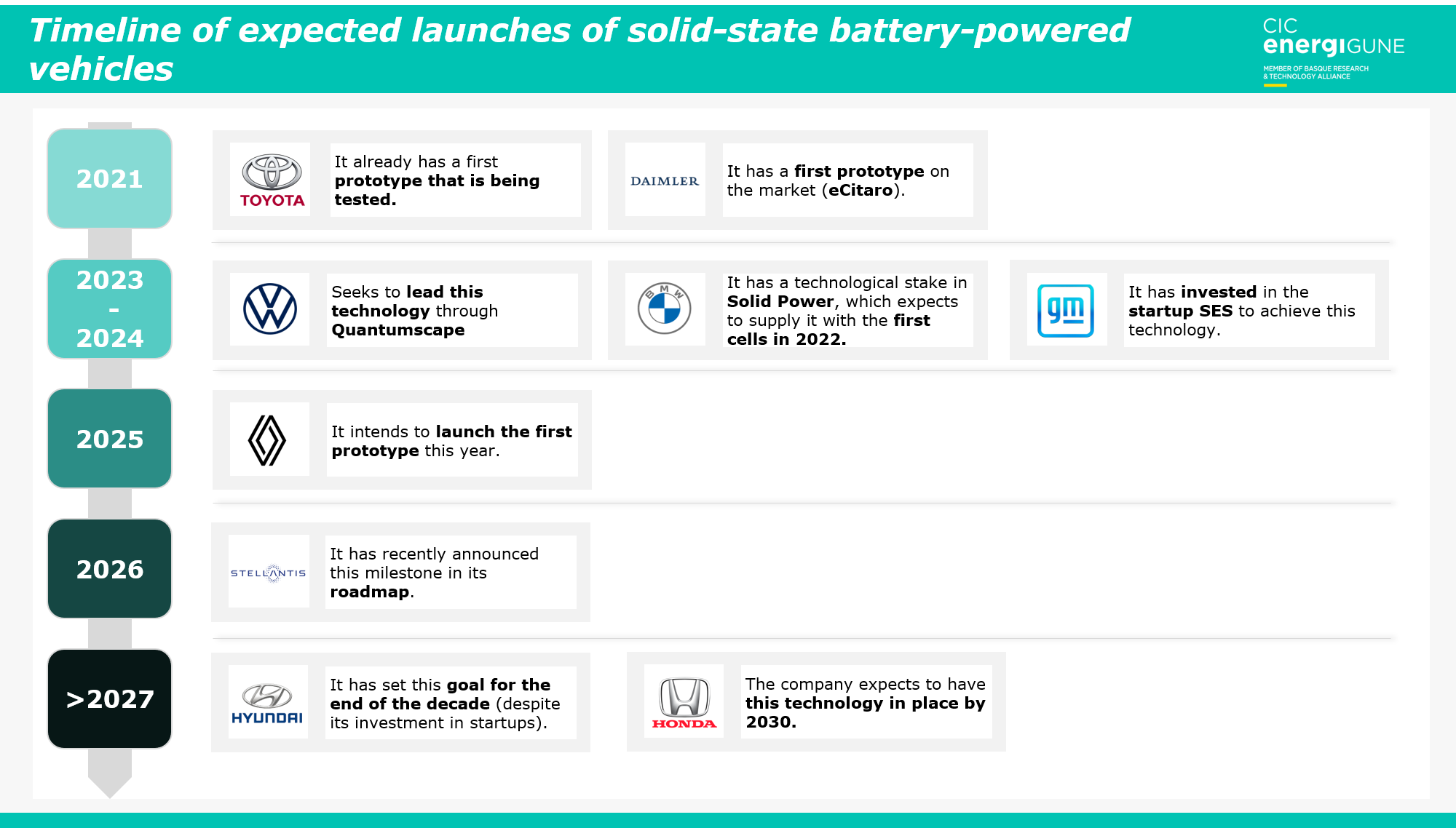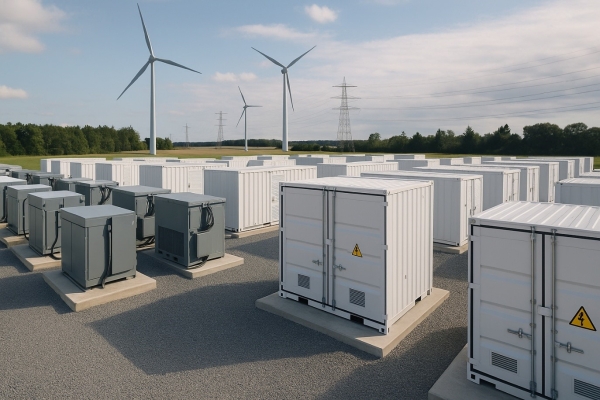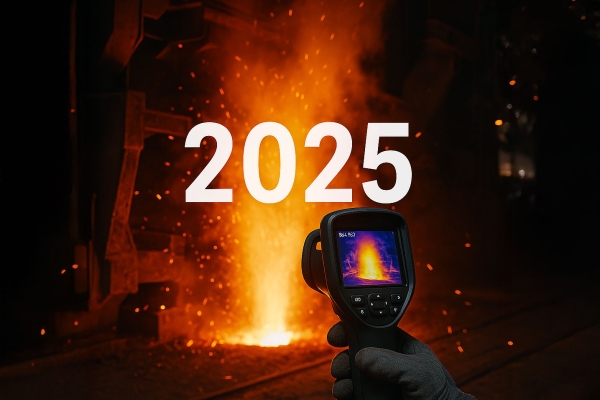As a result, and in the current race to lead the energy storage industry, automotive companies are increasingly focusing their efforts on developing their own solid-state battery technologies.
All major manufacturers have already announced this technology in their roadmaps
Such is the commitment to solid-state batteries that all the major automakers have already announced their plans to launch vehicles based on this technology.
For now, the most advanced is Toyota, which has recently announced that its first electric prototype with solid-state batteries is already being tested. The Japanese company´s goal is to scale up this prototype before 2030. Currently, it is estimated that the solution proposed by Toyota would allow a range of 500 km and a recharge time of 10 minutes.
Another company that has already taken a position on this emerging technology is Daimler. In fact, it is one of the few companies that has already succeeded in launching a series of vehicles powered by solid-state batteries.
This is the Mercedes eCitaro G bus, which has a density of up to 500 kWh. The company´s objective is to continue testing and developing this solution in order to massively implement it in its vehicles (including commercial vehicles) in the coming years.
However, within this fast-paced competition, Volkswagen is closing the gap on Toyota and Daimler in these new batteries, a field on which it has been working for almost 10 years.
Although this automotive giant has not yet dared to set a date for the arrival of its solution on the market (it is said to be beyond 2023), it is one of the most prominent players in terms of investment in this technology, having recently invested more than 200 million euros on its development.
Still in Germany, BMW is another major company that has announced its intention to bring solid-state battery vehicles to market in short to medium term.
BMW intends to do so "before 2025", thus getting ahead of its neighbor and rival Volkswagen. In fact, it has already presented the first concept of a solid-state battery-powered vehicle. To this end, it has teamed up with another giant, Ford, with whom it has recently made a joint investment of €130 million in the company Solid Power. This company is considered one of the most promising start-ups in the battery market thanks to its solid-state developments and expects to supply the first cells of this type in 2022.
Along with all of them, Renault and Stellantis are other European producers that have already announced their solid-state plans.
In the first case, the French company (together with its partners Nissan and Mitsubishi) announced that by 2025 its cars will be able to have solid-state batteries.
Meanwhile, Stellantis recently announced the intention to have its own solid-state technology by 2026 to be used in the group´s main brands (such as Fiat, Peugeot, Opel and Citroën).
On the other side of the Atlantic Sea, along with the aforementioned Ford, General Motors is the other major company working on commercializing this technology. Specifically, its goal is to have this solution in 2023, for which it even has the financial support of the U.S. government.
Even state governments are focused on promoting this technology, as seen in the recent announcement by the United Kingdom to create a cluster around solid-state batteries.
In addition, the EU is also involved in the development of these solutions via projects such as "SAFELiMOVE" in which CIC energiGUNE plays a leading role.
All these companies are the major brands that are betting on these technologies and new developments are expected in the short and medium-term.
One step behind them are currently other manufacturers such as Hyundai or Honda, who have also announced their plans to develop solid-state technologies but with their sights set on 2030.
The start-ups behind this bet
Many of these companies are betting on "out-of-home" development by participating in or financing leading start-ups to advance with these batteries to achieve their goals.
In this sense, one of the main start-ups is the aforementioned Solid Power. This U.S. company is the great lever on which BMW and Ford seek to boost their solid-state solutions. Alongside them, other companies that have also given their financial backing to this company are Hyundai, Samsung and Volta Energy.
The other major start-up that is making headlines in the solid-state battery sector is QuantumScape. Also, in the USA, there is Volkswagen´s big bet to accelerate technological development, with investors and partners such as Bill Gates. In fact, both companies are currently looking to implement their first joint pilot line for manufacturing solid electrolyte batteries in Europe.
The third outstanding case is that of SES, also American and backed by large automotive companies (such as GM and Hyundai) and the storage sector (SK Innovation, among others).
In short, there seems to be a certain unanimity that solid-state batteries could be the "holy grail" on which the electromobility of the future will be based. For this, the next few years will be key, in which the milestones and deadlines set by the different companies will determine the future of this technology and its definitive take-off.
In this regard, and by way of synthesis, we publish below a graphic summary of the timeline for the coming years for the different companies involved in the progress of these solutions:

